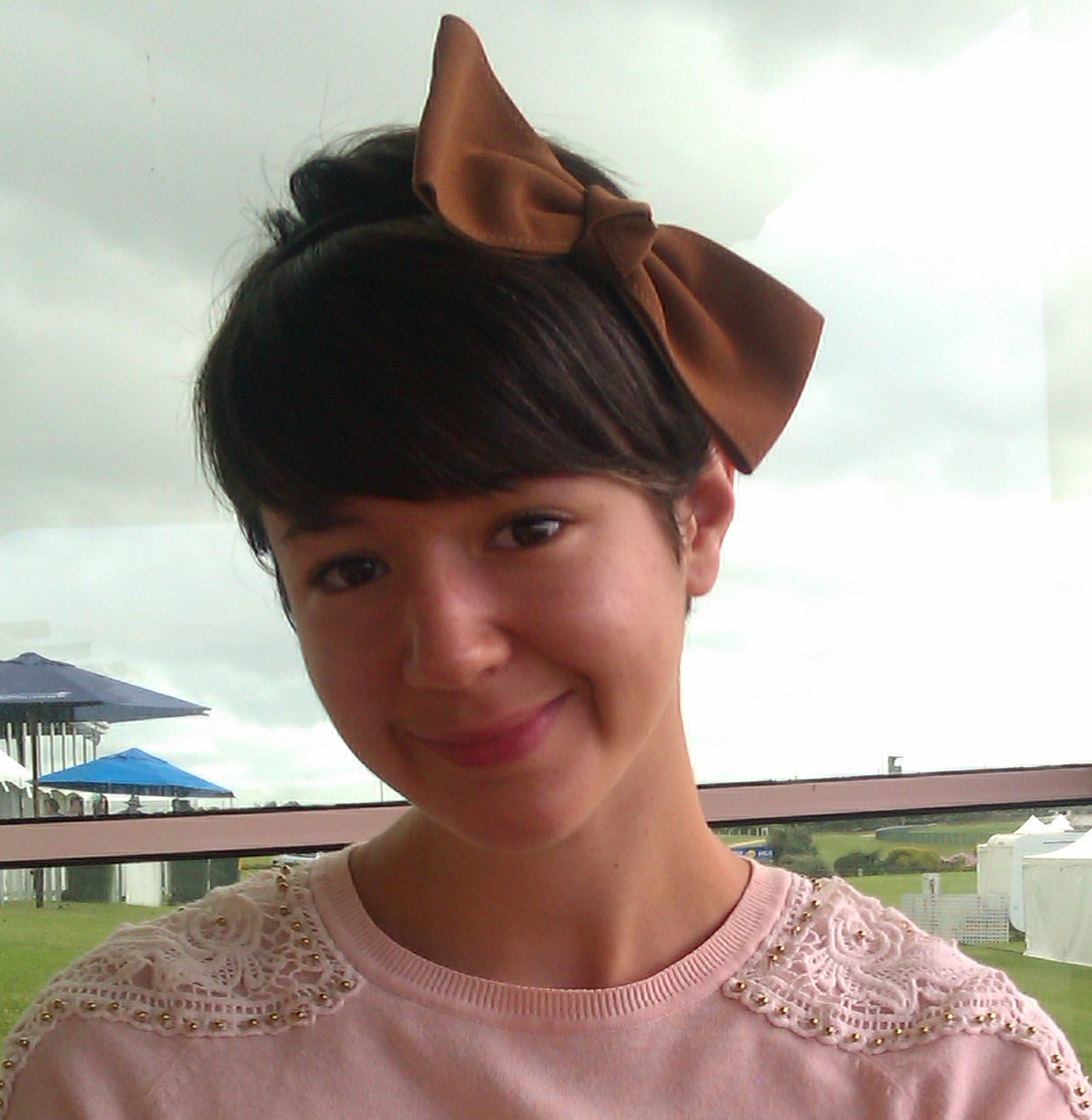
April 17, 2014, by Guest blogger
Why I love conferences
Hannah Murray explains how academic networking helps her PhD.
Since starting my PhD last October, I’ve been part of a great research community of postgraduate students. We meet once a week to discuss a chapter of someone’s thesis and then attend a guest lecture usually followed by a trip to the pub. One of the major differences in moving from undergraduate to postgraduate level is that you are actively encouraged to contribute to research events in your department and the wider academic community.
In December I attended the annual British and Irish Associations of American Studies Postgraduate Conference, held at Nottingham. It was a really enjoyable weekend of meeting postgraduates in my field from across Britain and Ireland. I presented a 20-minute paper, chaired a panel and wrote four ‘live blogs’ for the conference website. It was a very helpful exercise in writing for a particular audience, one not as familiar with my research as my supervisors, and I got to practice my presentation skills, including the ubiquitous Powerpoint slideshow!
Why attend conferences as a postgraduate student?
- Networking and collaboration. Conferences are a fantastic way to meet fellow postgraduates and career academics working in your area. They can be the starting point of new research networks and collaborative projects. Also, conferences can be great social events and usually involve wine receptions and dinners out!
- Innovation. You get to hear about the latest research in your field by attending specific panels, keynote speeches and discussion roundtables. It’s a great forum to ask why a researcher has formed their particular argument and enter into discussions that can be continued over a cup of coffee. Sometimes debates can get quite heated, but at the panels I’ve attended the comments have nearly always been constructive. Postgraduate conferences especially offer a very supportive environment, especially as many speakers are presenting for the first time.
- Inspiration. Listening to a paper or keynote speech can inspire a new direction in your work or give you ideas for your next project. A conference organised around a specific theme might draw researchers from multiple disciplines and create unexpected connections. At my conference in December there were speakers from architecture, literature, history, politics, music and art and it was really exciting to see links across these different research areas.
As with any new social situation, academic networking can seem a bit daunting and awkward at first. The Graduate School runs workshops on several aspects of conferencing, including networking, answering panel questions and creating posters, which are a good idea to check out if you want to improve your skills.
Once you’ve started, it can be easy to catch the conference bug. I’ve got my nametag and pens all ready for my next one in April!
No comments yet, fill out a comment to be the first

Leave a Reply